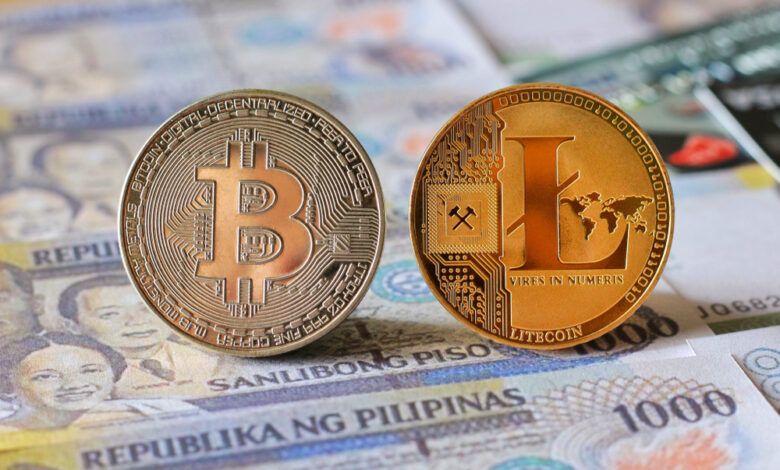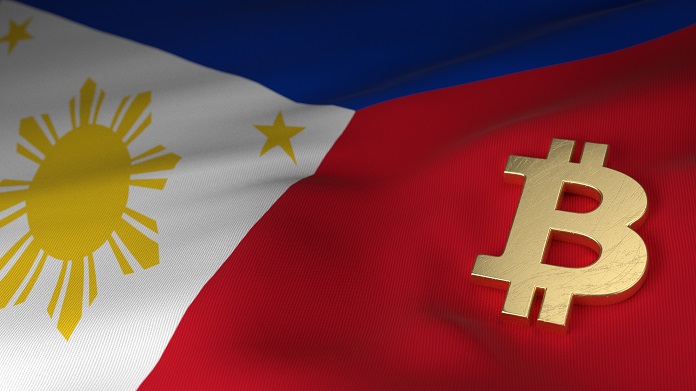
The Philippines Securities and Exchange Commission (SEC) is working on expanding its control over the local cryptocurrency market by proposing new regulations that will effectively bring cryptocurrencies within its jurisdiction. With these revised rules, SEC hopes to strengthen their influence in an industry where oversight has been lacking up until now.
The New Law Gives the Government Many New Powers Over Cryptocurrencies
On January 25th, a local media source reported that the Securities and Exchange Commission (SEC) had proposed draft rules for financial products and services encompassing cryptocurrencies and digital assets. The SEC’s statement indicated that these new regulations would grant it further authority to enforce existing laws through rule-making, surveillance, inspection, market monitoring, and additional enforcement powers. Further details included an expanded definition of securities to incorporate tokenized security offerings or other blockchain/distributed ledger technology-based investments.

The New Law Extends Beyond Cryptocurrencies
In addition, the SEC’s oversight will also extend to digital financial products and services obtained through electronic channels and their suppliers. The power to enforce securities regulations has likewise been extended by the Securities Exchange Commission. Service providers could be restricted from demanding exorbitant fees, interest rates, or charges under the SEC’s new rules.
The regulator can exclude or suspend directors, executives, and other staff members who have breached the laws. Furthermore, it can even put a complete stop to a firm’s operations. The SEC is also permitted by local laws to craft its own regulations for enforcing legislation within its jurisdiction; this privilege is likewise extended in certain cases to both the Philippine central bank and insurance regulators so that they may create supplementary rules of their own accord.
This Law Has Been Part Of Ongoing Regulations For Cryptocurrencies For A Time
The recent development is yet another example of the country’s harsh stance on cryptocurrencies. The SEC warned citizens against unregistered cryptocurrency exchanges in December 2022, and the Philippine central bank announced a three-year moratorium on virtual asset service provider applications starting August 2022 that would be restored by September 1st, 2025. Therefore, this further bolsters their efforts to ensure strict regulation for digital assets within its borders.




